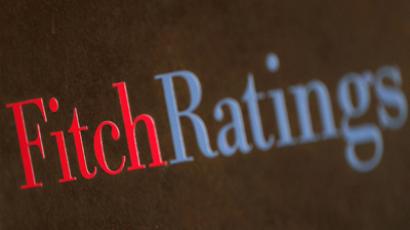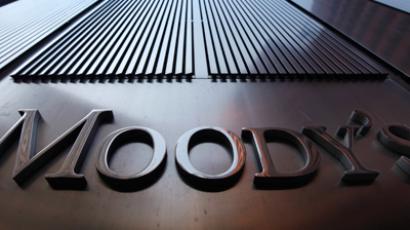Greece may not reach debt goal despite new cash infusion
The Greek Parliament has approved the country’s latest international bailout deal overnight. The second instalment of rescue cash for Athens from eurozone countries and the IMF exceeds €172 billion in loans.
But the International Monetary Fund and the European Commission say the country might fail to lower its debt burden to the specified targets and could require even more loans.The news comes as more protests are scheduled to take place in the country against the severe austerity measures imposed in return for the rescue funds.George Katroungalos, an attorney and professor of constitutional law, says the bailout money is still not doing Greece much good.“The debt is not becoming sustainable. In the best scenario, in 2020 we are going to have the same level of debt as before entering this ‘rescue mechanism’", he told RT. “On the other hand, we are in a vicious circle – the economy is shrinking by 25 per cent …and the society is dissolved. It is a kind of slow death.”The bailout money is practically going back to Greece’s lenders, Katroungalos went on to explain.“If you look at the [figures], this bailout has reduced our actual debt by about €105 billion, and we have taken an additional US $130 billion in new [loans]. So instead of having our debt reduced, [we make it grow],” he said.














